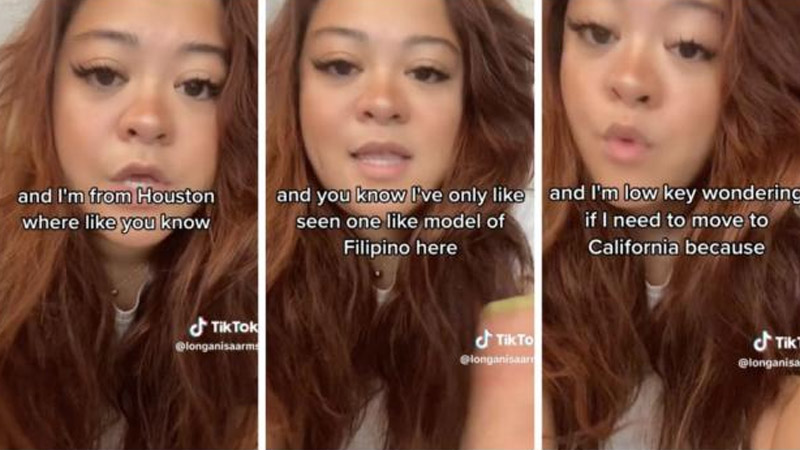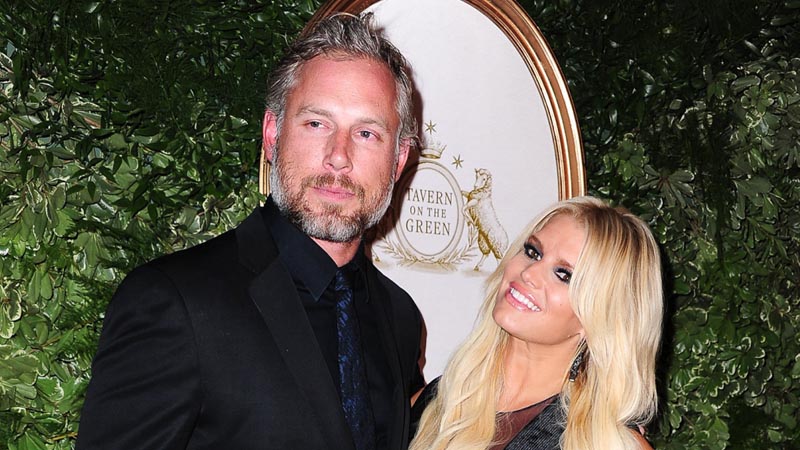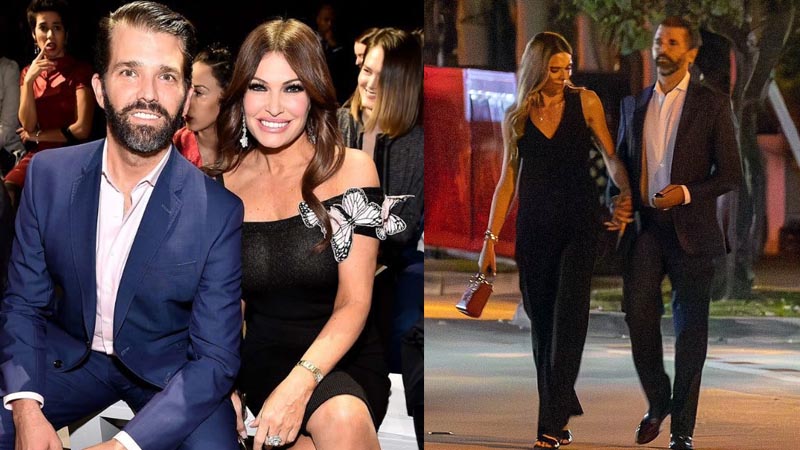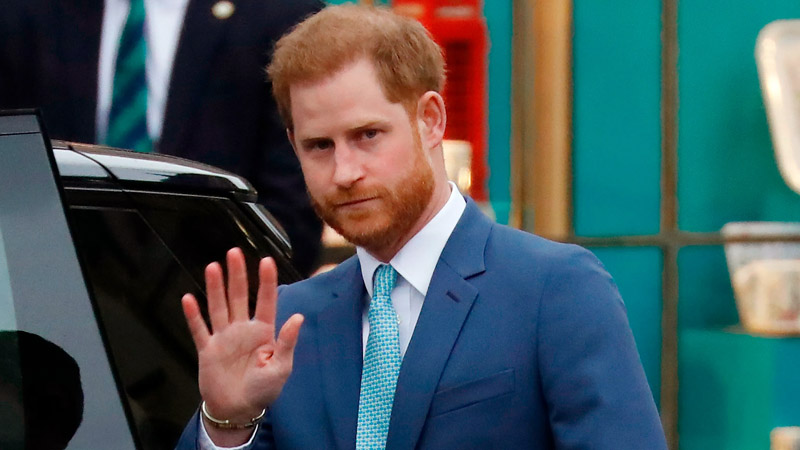Filipino-American woman from Texas claims she wants to go to Los Angeles and be among the ‘LA Filipinos’

longanisaarms/tiktok
A Filipino-American woman from Texas shares how she found comfort among fellow Filipinos while visiting a prominent West Coast city.
Melannie Millan Keys (@longanisaarms) posted to TikTok on May 15 to discuss a recent encounter she experienced in Los Angeles. Keys, who is Filipino American and resides in Houston, went to a bar in West Hollywood with some buddies. She was unhappy in a crowded place and sensed an anxiety attack building on, but what she heard next offered her great relief, as per Yahoo reports.
“I was notified that it was a drag queen gay bar, and I was really excited, but when we got there I was a little overwhelmed with the population. Like, there was, like, a lot of people, and I was like, ‘I gotta go,’” Keys explains. “I went to the bathroom fully prepared to leave from anxiety but then I stopped myself because I could hear people singing in Tagalog.”
“I had to listen because I was like, ‘That can’t be Tagalog,’ but it was. It was a crowd of people singing in Tagalog, and I was wondering, ‘Am I in my homeland? Like, am I back in the Philippines? Like, where am I?’ she adds.
Keys then looks around the bar and notices something else: she’s surrounded by a slew of Filipinos.
“I look around and I’m like, ‘Oh s***, 80% of the people here are Filipino,’” she claims. “And, like, the Filipinos that I witnessed were a different breed. Like, think Bretman Rock, but, like, all the genders. The shoes were on point, the fits were on point, the hair was immaculate … and just everything, the energy was so good.”
‘I’ve only seen, like, one model of Filipino here, so I’ve never felt like I fit in’
Living in Houston, Keys notes that the Filipinos she’s surrounded by are quite conservative.
“I’m from Houston where, like, you know, it’s very conservative, and so the Filipinos that live here are here to build a family,” she says. “So we have a lot of, like, Christian, like, Catholic, Methodist Filipinos that are nurses. You know, I’ve only seen, like, one model of Filipino here, so I’ve never felt like I fit in.”
Keys was born in Manhattan and raised in Manila. Her family moved to Houston around the time she started high school.
“I’ve only known a certain brand of Filipino. May I even add super judge? Like, I’m a tatted-up b****, like, I never get complimented by other Filipinos because it’s just too much. I’m a lot for, like, the average Filipino,” she says. “But in LA, people complimented my outfit, people were complimenting my sleeve, they were like, ‘Oh my god, b****, who did your tattoo?’”
This warm welcome has Keys considering relocating to Los Angeles.
“And I’m, like, low-key wondering if I need to move to California and be with my people because Houston is not giving,” she admits.
Keys wants to be able to immerse herself in Filipino culture, be surrounded by art in an LGBTQ-friendly environment, and live in a bustling, metropolitan city.
“I feel like LA Filipinos are all of those things, and I just wish we had that here in Houston,” she says.
‘Move to California! LA or the Bay Area! Be with your people! It’s so good for your mental health
Fellow Filipinos are urging Keys to make the move and prioritize her mental health.
“CA has the highest population of Filipinos in the entire US. Come visit the Bay Area too. Much to love and feel connected,” @stephaniequilao wrote.
“California Filipinos are different period. I am in Dallas & it’s different here too. You are beautiful,” @kiane1965 commented.
“Move to California! LA or the Bay Area! Be with your people! It’s so good for your mental health,” @shevallreads urged.
“One reason we don’t have ethnic enclaves is that we’re not dependent on an ethnic economy to survive,” activist and historian Joe Bernardo told NBC News while noting that because Filipinos are fluent in English, employment can be found anywhere in the city. Another reason, Bernardo explained, is the fact that establishments within Historic Filipinotown don’t look distinguishably Asian — which is due to the “legacy of U.S. and Spanish colonization in the Philippines.”


